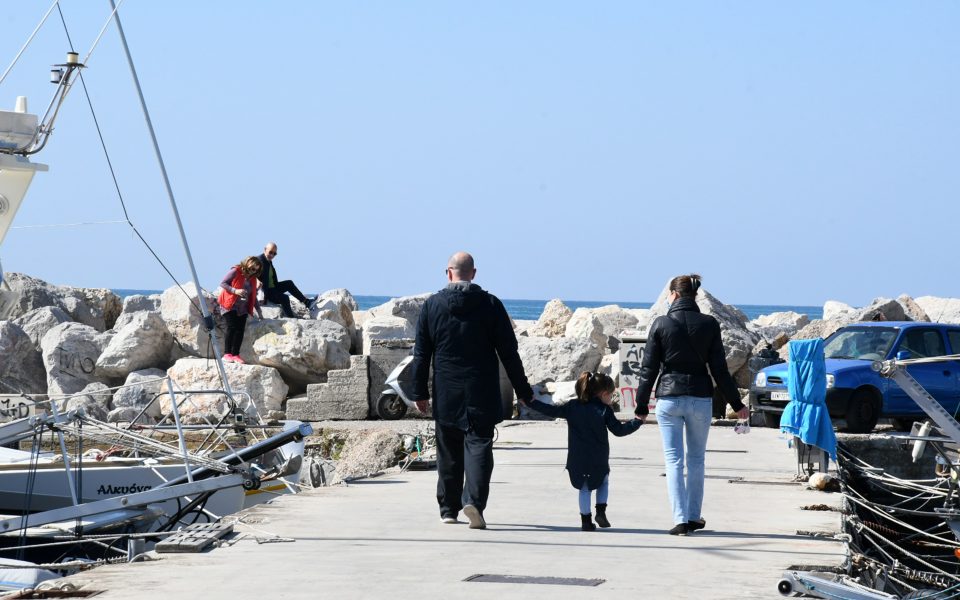Greece: Experts sound alarm over plummeting fertility rate


Greece is grappling with a decline in the country’s fertility rates, prompting the need for focused measures to increase births.
Tellingly, in the decade 1956-1965, 1.545 million births were recorded in Greece. This amounts to a little more than double the number in the 2016-2025 decade, during which 835,000 births are expected.
According to estimates by demography professors Vyronas Kotzamanis and Anastasia Kostaki and researchers from the Demographic Project of the University of Thessaly, the fertility rate will be reduced from 2.25 children per woman in the generations born around 1930 to less than 1.5 children in their granddaughters – i.e. women born around 1985.
As impressive as the overall indicators may be, the specific analysis of the data highlighted by the two demography professors leads to very interesting conclusions for policy making.
The projected 46% decline in births between the two periods mentioned above, the two researchers point out, is not due to the smaller number of women of childbearing age in 2016-2025 compared to the period 1956-1965 (around 1.6 million women aged 20-44), but mainly to the decline in generational fertility.
“In Greece, a high rate of childlessness – i.e. women who do not give birth – has developed. Today it is at 24%. Part of this is for biological reasons. One important aspect that we have identified is that now the average age of a woman giving birth for the first time has increased a lot, reaching 32 years, four to five years higher than in the period 1956-1965,” Kotzamanis told Kathimerini.
“In the next few years, 69 out of 100 births will come from mothers older than 30 years, while in 1956-1965 it was only 36 out of 100,” he added.
This contributes to fewer and fewer women having a second child and even fewer having a third or more.
Source: ekathimerini.com




